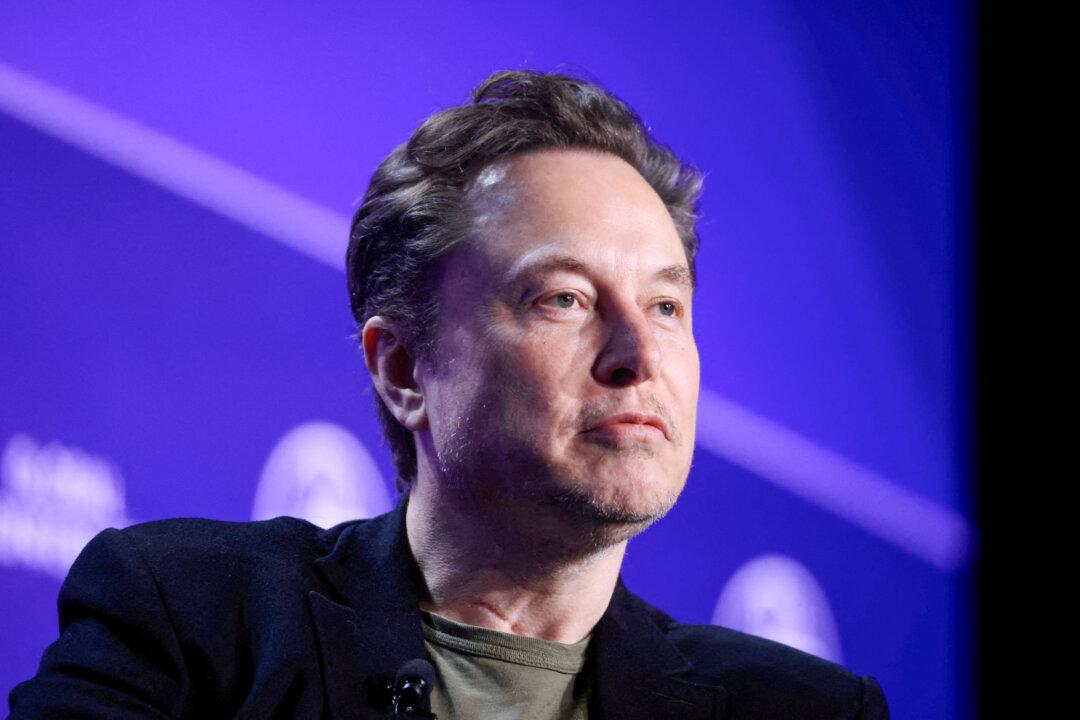Tesla CEO Elon Musk scored a legal win on Nov. 6, as a federal appeals court upheld a jury’s decision clearing him of securities fraud over his 2018 posts on Twitter, now X, about taking the electric vehicle company private.
The Ninth Circuit Court of Appeals issued a memorandum and disposition on Nov. 6, rejecting claims from a group of Tesla investors that the instructions that a judge gave to jurors before they cleared Musk of liability in a February 2023 verdict were flawed and so warranted a new trial.





